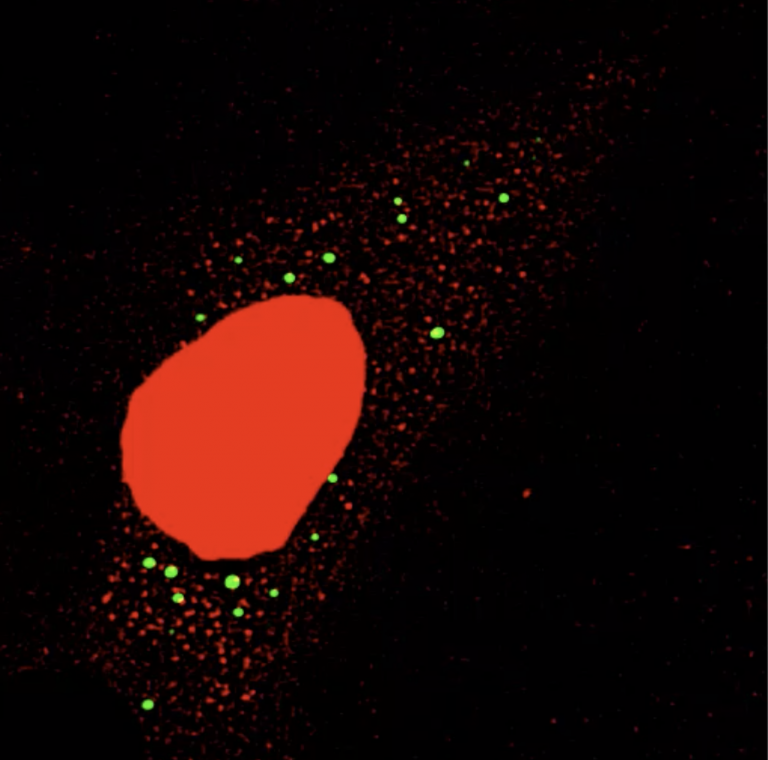RNA Faculty Spotlight – Analisa DiFeo, Pathology and Ob/Gyn
Analisa DiFeo, Ph.D. Associate Professor Pathology and Ob/Gyn Michigan Medicine Twitter Faculty page DiFeo Lab LinkedIn Google Scholar Research Interests: Using a combination of in vitro and in vivo approaches, my lab hopes to better understand the mechanism by which both microRNA’s and the genes they regulate are involved in ovarian tumor biology at…

